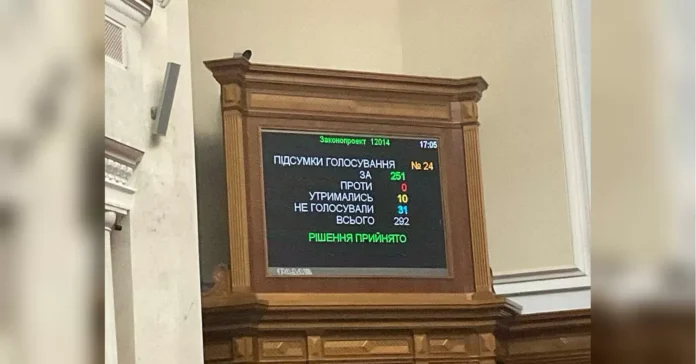Currently, 4 women and 13 men are members of the government, playing key roles in shaping and running the country. This marks a significant increase in female representation in the government, as historically, women have been vastly underrepresented in positions of power.
The inclusion of women in the government is a crucial step towards achieving gender equality and promoting diversity in decision-making processes. It reflects the government’s commitment to creating a more inclusive and equal society, where everyone’s voice is heard and valued.
The four women in the government hold important portfolios, including education, health, finance, and foreign affairs. They bring a unique perspective to the table, drawing from their diverse backgrounds and experiences. Their presence in the government not only ensures a more balanced representation but also brings a fresh and dynamic approach to policy-making.
One of the key benefits of having more women in the government is the diversity of ideas and perspectives they bring to the decision-making process. Studies have shown that diverse teams are more innovative and effective in problem-solving, leading to better outcomes. With women at the forefront of decision-making, policies and laws are more likely to address the needs and concerns of all members of society, rather than just a specific group.
Moreover, the inclusion of women in the government also serves as a powerful symbol of progress and equality. It sends a message to young girls and women that they too can aspire to hold positions of power and influence. It breaks down gender stereotypes and encourages more women to participate in politics and leadership roles.
However, it is not just about the numbers. It is about creating a supportive and inclusive environment for women to thrive in these positions. The government has taken steps to ensure that women are not only included but also supported in their roles. This includes implementing policies to promote work-life balance, providing equal pay for equal work, and addressing issues such as workplace harassment and discrimination.
The 13 men in the government also play a crucial role in promoting gender equality and diversity. They have shown their commitment to creating a more inclusive society by working alongside their female colleagues and advocating for women’s rights. This kind of collaboration and support is essential in achieving true gender equality.
The government’s efforts to increase the representation of women in the government have not gone unnoticed. It has received praise and recognition from various international organizations, highlighting the country’s progress towards gender equality. This serves as a motivation for the government to continue its efforts and for other countries to follow suit.
In conclusion, the current makeup of the government, with 4 women and 13 men, is a significant step towards achieving gender equality and promoting diversity in decision-making processes. It reflects the government’s commitment to creating an inclusive and equal society, where all voices are heard and valued. The presence of women in the government brings a fresh and dynamic approach to policy-making, and their inclusion serves as a powerful symbol of progress and equality. It is a testament to the government’s dedication to creating a better future for all its citizens.

